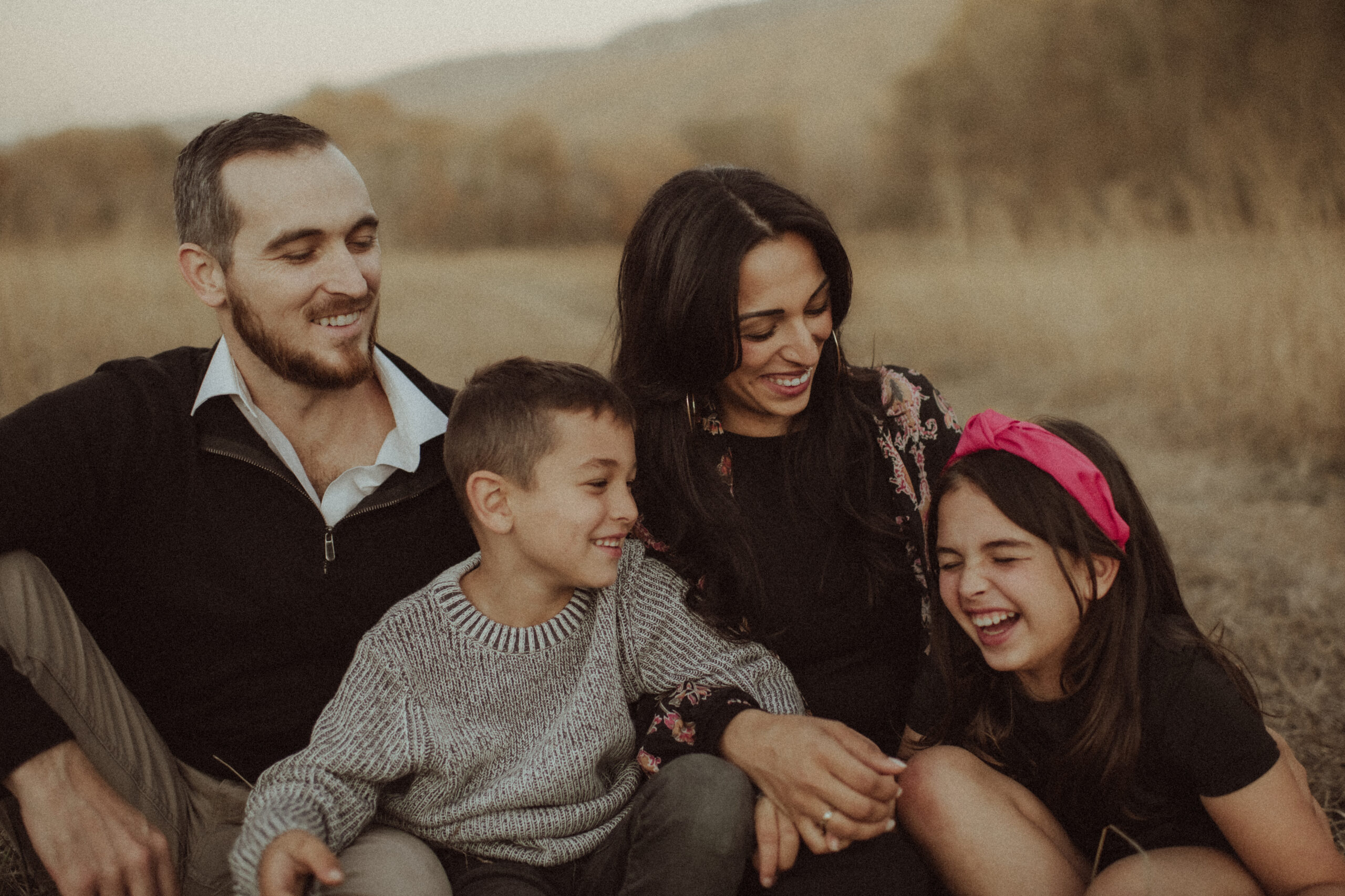 As my daughter turns 10 in the next few weeks, I’ve seen a huge shift in her social needs. The transition to seek validation from us is shifting to outside the home and, to be honest, it’s scary. I don’t want her “caring what others think,” but the reality is that we all do on some level and I desperately want to teach her how to do it the right way. I want to handle the transition gracefully because the last thing I want to do is ruin our relationship after 10 years.
As my daughter turns 10 in the next few weeks, I’ve seen a huge shift in her social needs. The transition to seek validation from us is shifting to outside the home and, to be honest, it’s scary. I don’t want her “caring what others think,” but the reality is that we all do on some level and I desperately want to teach her how to do it the right way. I want to handle the transition gracefully because the last thing I want to do is ruin our relationship after 10 years.

Since I don’t have a great relationship with my mother and modeling my parenting after her is the last thing I want to do, I regularly consult books for parenting direction. I’ve read three out of the five books on this list and I have the other two on the rotation shortly, but I wanted to share the full list and maybe if one of you finishes the list before me, you can pass the cliff notes on to us.
1. Queen Bees and Wannabes by Rosalind Wiseman
Wiseman’s book is a deep dive into the complex social hierarchies preteens and teens navigate, especially in school environments. It’s a guide for parents to understand the peer validation their children seek and offers strategies to support them through these social dynamics. Make sure you snag the updated version to see the info on social media and gender.
2. Untangled: Guiding Teenage Girls Through the Seven Transitions into Adulthood by Lisa Damour
Damour’s work focuses on the unique challenges faced by teenage girls. This book is particularly insightful for parents of preteen girls, helping to understand their journey towards seeking external validation and liberation from the parents and how to provide appropriate support. This was super helpful when I had teens in foster care living with us as well.
3. Raising Cain: Protecting the Emotional Life of Boys by Dan Kindlon and Michael Thompson
Raising Cain addresses the emotional world of boys. Kindlon and Thompson shed light on how societal expectations affect boys and how they start to look for external validation. This book is essential for parents seeking to understand and support their son’s emotional needs. My son is seven and I’m very curious to see the difference in how the two genders make this transition.
4. The Middle School Mind: Growing Pains in Early Adolescent Brains by Richard M. Marshall and Sharon Neuman
Focusing on the cognitive and emotional development of middle schoolers, this book provides insights into the changes occurring in preteens’ brains. It also has tons of real-life stories that make you really see the points the authors are trying to make.
5. Get Out of My Life, but First Could You Drive Me & Cheryl to the Mall: A Parent’s Guide to the New Teenager by Anthony E. Wolf
This is a funny and insightful perspective into a modern teenager’s mind. It’s a great read for parents who are trying to balance providing independence while maintaining a supportive role.
Each of these books is unique and offers stories and practical advice to navigate the social transitions of preteen and early teen years. Some may be a bit older than the full-fledged social media world we currently live in, but they teach how the brain is working and ways to help in the general transitions, many suggestions which I have already used. For instance, my daughter homeschools with an online school and her entire class is via Zoom. I can see her mood shift as the afternoon comes and she doesn’t have a group of girls to connect to over lunch or such. So I’ve put her in a slew of extracurriculars in an attempt to help her find a regular clique.

















Thanks for sharing these Jessica!
Comments are closed.